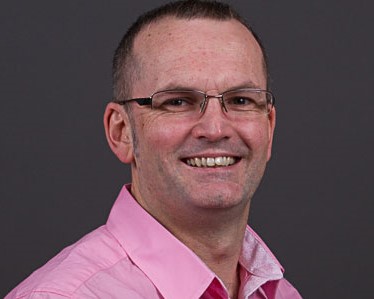Experts support new initiative to help adults and children become more physically active
Experts from University of Gloucestershire have shared their knowledge and research to support a new national initiative funded by Sport England aimed at encouraging more adults and children to take part in physical activity.
Sport England’s Active Lives surveys revealed that only 63% of adults are meeting the Chief Medical Officers’ recommendation of doing 150 minutes or more of moderate intensity equivalent a week, while 30% of children and 26% of adults do less than an average of 30 minutes activity a day.
The University joined forces with researchers and professionals from sports organisations and other academic institutions to advance understanding around the importance of providing all adults and children with positive experiences of physical activity, to encourage more participation.
The group have created the Physical Literacy Consensus Statement for England to provide those working in the sport, education, physical activity, recreation, play, health, and youth sectors with a shared understanding of ‘physical literacy’ – the motivation and confidence to value engagement in physical activities for life.
More likely to be active
Research shows that children with high levels of physical literacy are twice as likely to engage in sport and physical activity, and adults who feel strongly that they have the ability to be active, the opportunity to be active and enjoy being active, are also more likely to be active.
The statement offers a broad overview of physical literacy, why it matters, and how it can be developed and supported to enable those working in the sector to ensure their offer is as appealing as possible.
Developed by experts from the University, Liverpool John Moores University, Coventry University and the University of Bradford, the statement was finalised following an extensive consultation with those working and volunteering in the sport and physical activity sector.

Professor Mark de ste Croix (pictured left), Professor of Pediatric Sport and Exercise at the University, said: “We’re pleased that our expertise in understanding children, their physical activity, and relationship with movement throughout life has helped shape the national consensus statement on physical literacy.
“We know that having a positive and meaningful relationship with movement and physical activity at a young age makes us more likely to stay active, benefiting our health, wellbeing, and quality of life.
“To help more people be active, it is important that everyone involved in the provision of sport and physical activity understands that there is more to it than helping someone develop their physical movement skills.
“We need to consider how a person moves, thinks and feels about movement and physical activity, as well how their environment, culture, community or places and spaces they move in, can powerfully influence their relationship with movement and physical activity.”
Audio stories and booklet
The consensus statement will be supported by a series of resources that help bring the concept of physical literacy to life for the sector, including audio stories and a more detailed booklet to situate the consensus statement into a wider context.
Sport England will continue to work with national and local organisations to embed the philosophy of physical literacy into the structures and systems that influence children and young people’s activity levels.

; ?>)